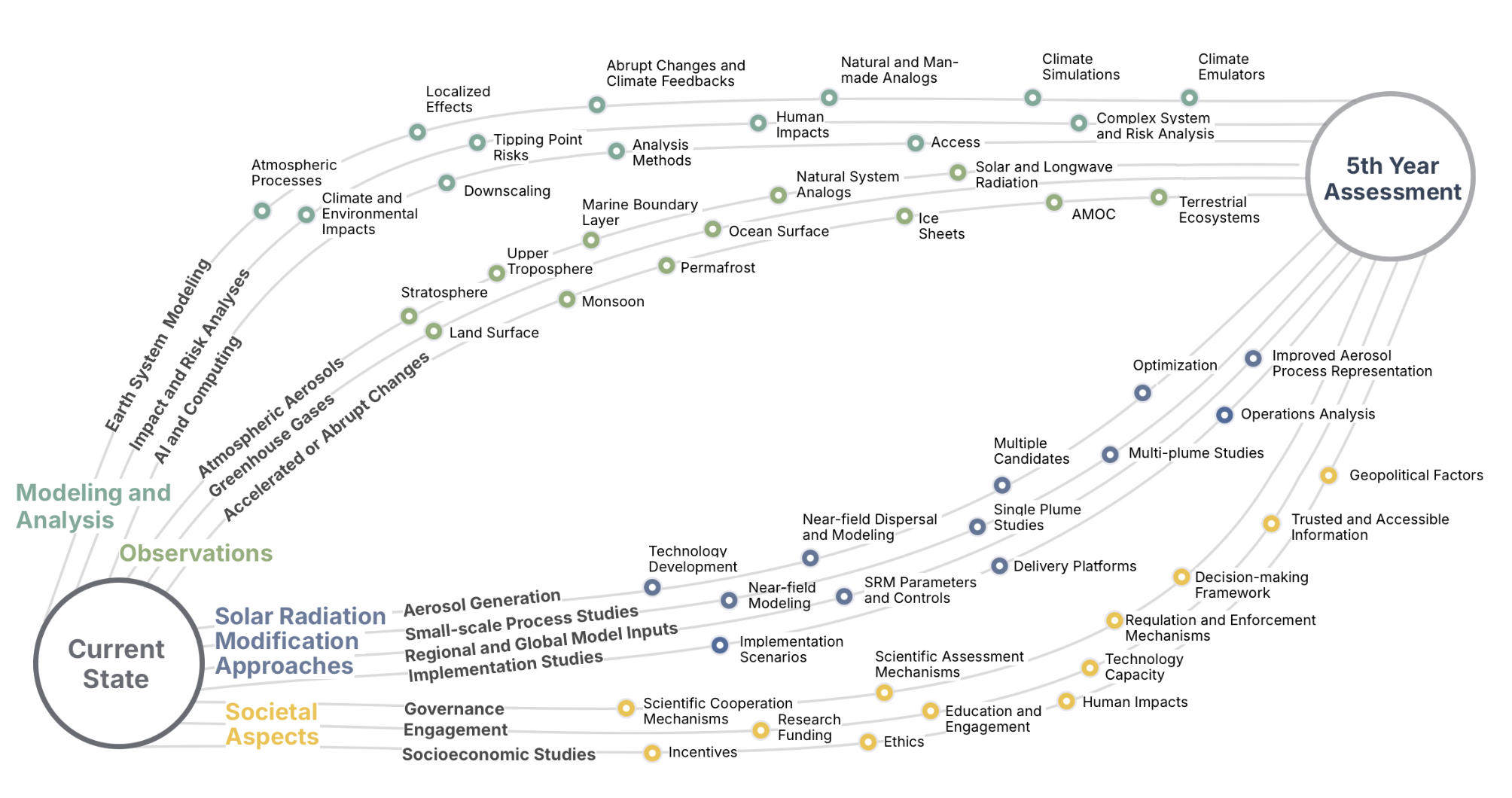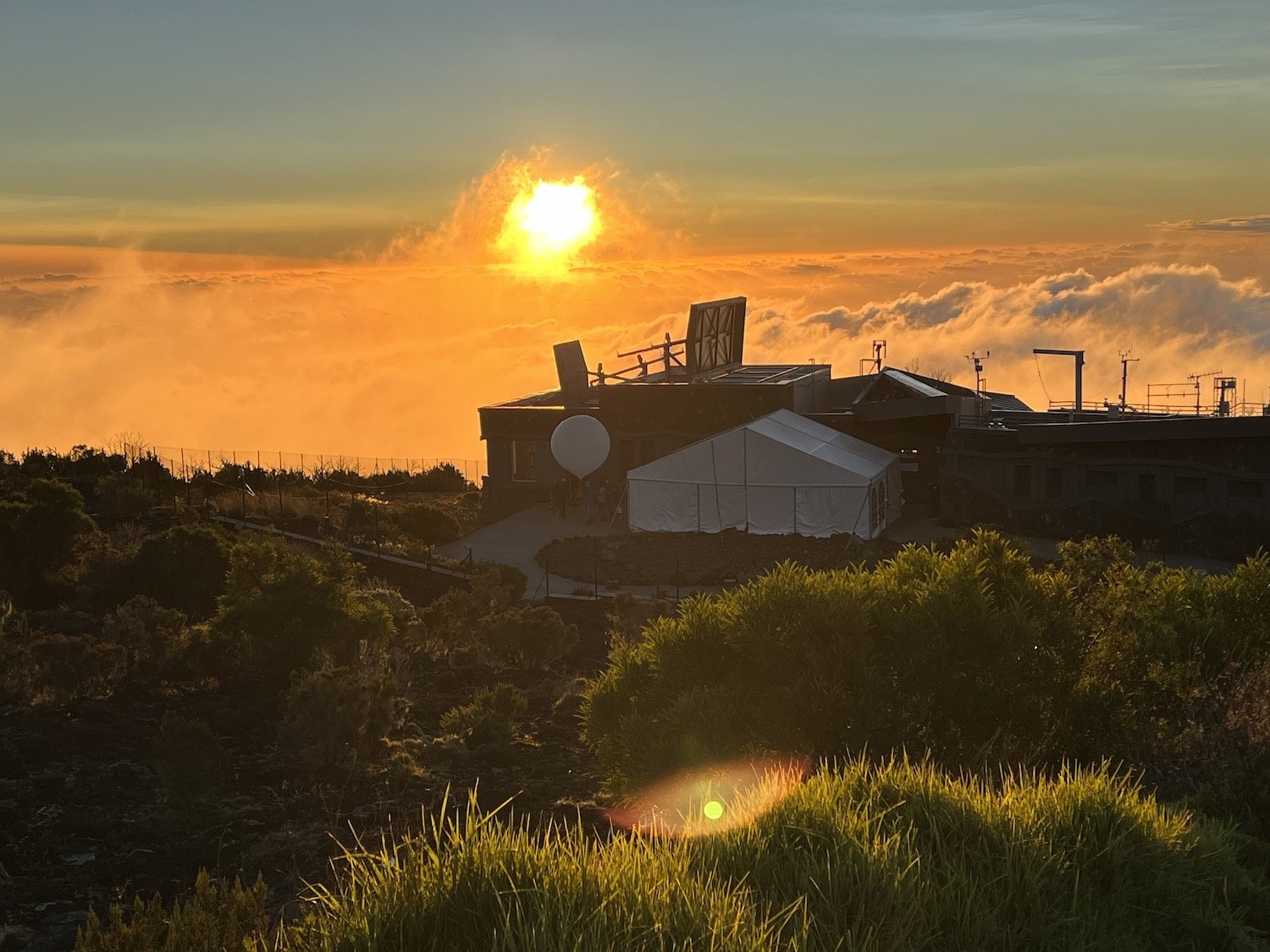Takeaways From The National Academy of Sciences Recommendations for USGCRP
This week, the National Academies of Sciences, Engineering, and Math (NASEM) released an important report on the path forward for climate research in the United States, "Global Change Research Needs and Opportunities for 2022-2031." The report advises the U.S. Global Change Research Program (USGCRP)—a coordinating body which comprises 13 federal agencies that study and respond to global climate change—on how the nation should adjust and expand its climate research agenda. My takeaways:
Research on global climate change is evolving, and traditional climate research is not fully meeting decision-makers' needs: We require new approaches to studying complex physical risks of climate change, and we must also incorporate the interplay between human and natural systems. The NASEM notes we need to move into researching how to manage risks that climate change poses to human-natural systems, and that our nation requires a USGCRP commensurate with the scope, scale, and urgency of climate change. I'll add that research and risk management must focus more specifically on the near-term 30-40 year horizon when no amount of mitigation can reduce warming and include the assessment of climate interventions as possibilities for protecting people and natural systems while we reduce greenhouse gases.
Cross-cutting research is needed to support climate risk management: Importantly, the NASEM advises that new approaches to risk management are required that can better address complex natural and human systems dynamics. For example, the report recommends expanded research on weather extremes, climate thresholds, and climate tipping points where climate change may escalate rapidly and move beyond the reach of humans' ability to respond. SilverLining fully supports this recommendation, as indications that we are nearing climate tipping points are rising. The NASEM also strongly advises an increased focus on equity and social justice within climate research. It recommends a robust effort to build research capacity and skills among underrepresented groups, so they become trusted messengers to their communities. We could not agree more. At SilverLining, we believe that climate research and diverse participation in research—especially on a full range of potential responses —is vital to protecting society's most vulnerable communities.
The goal of climate research is managing risk to ensure a safer future: Climate response must center on human life and health and an environment that sustains human life and health in the future. This translates to a significant paradigm shift to more applied, mission-oriented approach to climate research than in the past. Such an approach will require greater participation of federal mission agencies that historically have not participated in USGCRP, such as the U.S. Department of Homeland Security and its components, such as the Federal Emergency Management Agency.
Overall, the NASEM recommends that the USGCRP needs significant expansion in scope and funding, which we strongly endorse as a critical investment in human safety that is essential to protect our natural systems. We agree with the NASEM that the USGCRP should be bold in crafting its new strategic plan, which is an opportunity to prepare society to create a safer, more resilient future.




